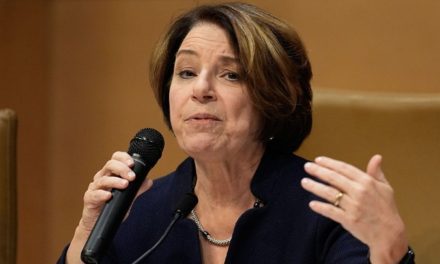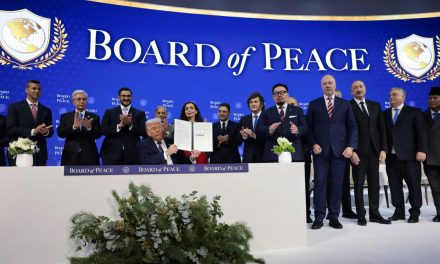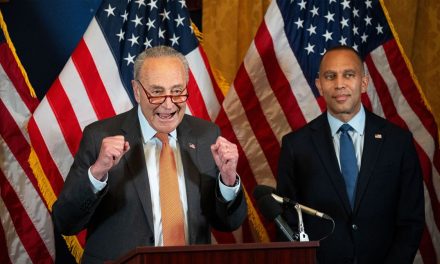
Putin Will Urge OPEC to Limit Oil Production to Raise Prices
Members of OPEC will meet in Algeria later this month to discuss a growing crisis in the oil world: low oil prices. Russian President Vladmir Putin has signaled he will push for an agreement among the group to freeze oil output in an effort to raise world prices.
Low oil prices have had drastic effects on formerly powerful members of OPEC. Saudi Arabia could face bankruptcy within 2-3 years, Venezuela faces a crumbling economy featuring food lines and looting. Russia is also in a bad way, since about 68% of its exports are oil and gas. Prices reached $30 per barrel in 2015 (currently in the $50 range), down from a high in the $120/barrel range in 2012.
But individual members don’t want to suffer the temporary revenue loss in anticipation of a uncertain rise some months down the road.
“From the viewpoint of economic sense and logic, then it would be correct to find some sort of compromise,” Putin said in a Bloomberg News interview in Vladivostok on Sept. 1. But he must convince other members, including an intransigent Saudi Arabia which seems to have its strategies.
To reach a deal to raise prices, the 12 members of OPEC will have to reduce oil production, which of course would lead to a temporary lowerng of revenues. To this point, they have not agreed. Unfortunately, in human natures, with countries as with individuals, when the chips are down, its every man for himself. Oil prices have fallen, each country is in crisis, and no country is willing to accept the temporary revenue reduction for the longer term price raise.
At this point, the world has large oil surpluses. Additionally, Iran has just come out from under sanctions and will want to continue to increase its production. Nigeria is due to increase production by 500,000 barrels per day to the global supply, once it regains stability in it oil fields and repairs pipelines damaged by terrorist and insurgent groups.
Any OPEC move to reduce production, woud have to overcome the additional oil production by Iran and Nigeria and the current oversupply. It might take some months to have an effect.
Author’s note: Ultimately the prices will rise, either because of an agreement among OPEC members or because of economic crashes in OPEC nations as their oil distorted economies collapse and product falls off.
Many speculate the current high level of production was meant to undercut and destroy fracking and shale oil production in the United States. While it has applied pressure to domestic U.S. industry, thus far the tactic has hurt OPEC much more than the U.S.
One way or the other, prices will go up.





























Watch out Dunger. It’s going to start. Now you’re trying to get the publisher joe to sensor free speech. Texas…
Bendoverandtake it; my name is danger, have some respect for a fellow citizen. On this one, I think you are…
Dunger it’s great that the ICE heroes are well armed and ready. They only shoot the assholes who attacks them.…
Dunger get your finger out of your ass and go help the ICE agents. They are the true patriots I’m…
Is that TDS where the D stands for Dick-sucking? Cuz if you believe Omar hired a mentally unbalanced Trump magarat…